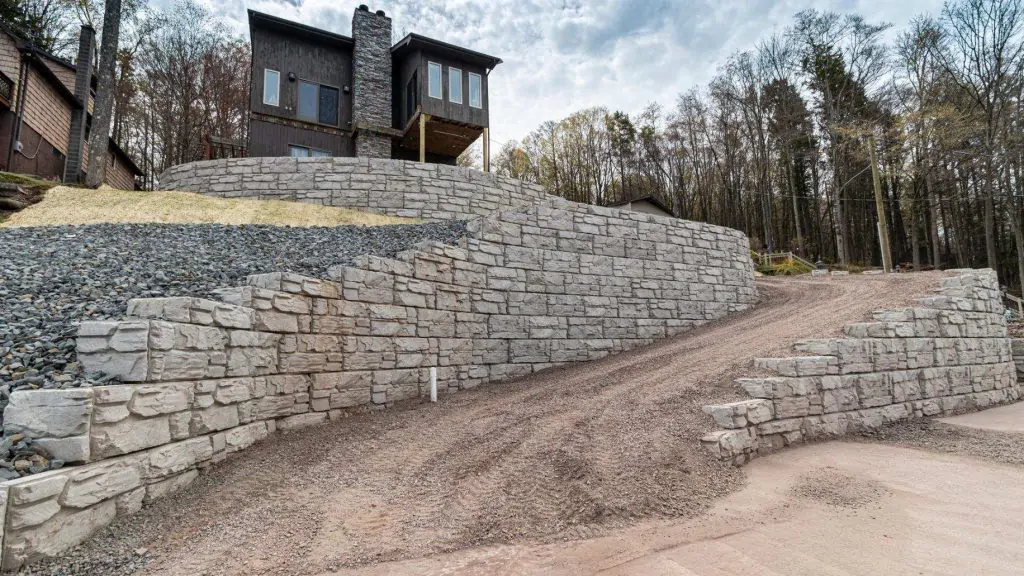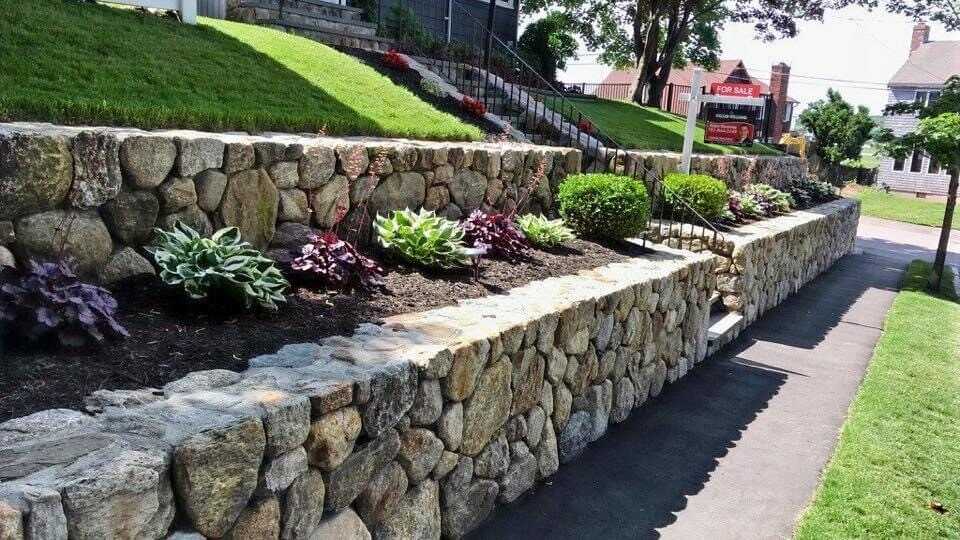What is Block Masonry and Why Does it Matter?
The term block masonry refers to the use of concrete or stone blocks to construct structures like walls and buildings. It is an important method in construction due to its strength, durability, and versatility. But what exactly makes block masonry stand out in the realm of construction, and why does it matter so much for homeowners considering renovation?

The Basics of Block Masonry
Block masonry involves the use of large blocks made primarily of concrete. These blocks are utilized to create sturdy and resilient building structures. The technique is widely appreciated in construction for its ability to produce strong, fire-resistant, and sound-proof buildings.
The materials used in block masonry vary, with options including concrete, stone, and even glass. Among these, concrete blocks are the most common, thanks to their affordability and efficiency.
Types of Masonry Blocks
Understanding the different types of masonry blocks can help homeowners make informed choices during renovations.
Concrete Blocks
These are made of cement, sand, and fine gravel. They boast excellent durability and are known for being the most economical choice.
Stone Blocks
These blocks offer superior aesthetic appeal and unmatched strength. Often used in high-end construction, they add a timeless elegance.
Glass Blocks
Glass blocks are often used to create decorative features within a building. Although less common, they provide an aesthetic that is quite unique.
Advantages of Using Block Masonry
There are various reasons why block masonry is favored in construction:
Durability
With effective maintenance, structures made from masonry blocks can last a lifetime. Their resistance to natural elements makes them ideal for various climates.
Fire Resistance
The blocks, especially those made of concrete and stone, offer excellent fire resistance, contributing to the safety of a building.
Cost Efficiency
When compared to other building materials, masonry blocks are cost-effective, enhancing the overall affordability of construction or renovation projects.
Sound Insulation
The thickness and density of masonry blocks offer superior soundproofing, which is crucial for retaining privacy and reducing noise pollution.
Common Uses of Block Masonry
Block masonry finds application in several areas, especially in residential renovations:
Exterior Walls
They form strong, weather-resistant exterior walls that stand the test of time and require minimal maintenance.
Foundation Construction
Due to their strength, blocks are perfect for constructing foundations that ensure the stability of a building.
Retaining Walls
Used as retaining walls in landscaping to prevent soil erosion, blocks represent a both functional and aesthetic solution.
Applying Block Masonry in Home Renovations
Homeowners inclined to renovate can significantly benefit from incorporating block masonry in their designs. Learning how to build a masonry chimney could be an excellent starting point for those looking to add character and value to their homes. Additionally, addressing what is masonry could offer more insights on its varied applications.
Challenges in Block Masonry
Despite its merits, block masonry comes with challenges that homeowners should be aware of:
Transport and Handling
Due to their weight, transporting and handling masonry blocks can often be cumbersome and require additional labor.
Moisture Resistance
While generally sturdy, poor construction can lead to moisture penetration, resulting in unnecessary damage. Techniques such as fixing cracks in masonry walls can address such issues effectively.
Historical Significance of Block Masonry
The use of stone and block in construction is not a new concept. Structures from the Great Wall of China to the Colosseum in Rome evidence an enduring application of masonry techniques that can inspire modern-day renovations.
Getting Started with Block Masonry
For those interested in employing block masonry during home renovations, a masonry repair guide could be a great help for beginners and professionals looking to refine their skills in this craft.
Finding a Skilled Masonry Contractor
Choosing the right contractor is crucial when embarking on masonry projects. Expertise and experience should be prioritized to ensure quality results, avoiding potential future issues.
Latest Trends in Block Masonry
With evolving technology and shifting design preferences, keeping up-to-date with the latest trends in block masonry can be both beneficial and inspiring.

Frequently Asked Questions
1. What are the primary materials used in block masonry?
Masonry blocks typically involve concrete, stone, and glass.
2. Why is block masonry so durable?
The durability comes from the materials’ inherent properties such as strength, resistance to external elements, and longevity.
3. Can block masonry be used for decorative purposes?
Yes, certain types, like stone and glass blocks, are often utilized for their aesthetic appeal in decorative construction.
By understanding what is block masonry, homeowners can better navigate the opportunities and considerations that come with using such a foundational construction technique during their renovations. For more detailed guidance on specific masonry processes, this [guide on masonry construction](https://www.ny-engineers.com/blog/masonry-construction-advantages-and-disadvantages) provides further exploration on advantages and considerations that can also be beneficial.
This article contains affiliate links. We may earn a commission at no extra cost to you.
